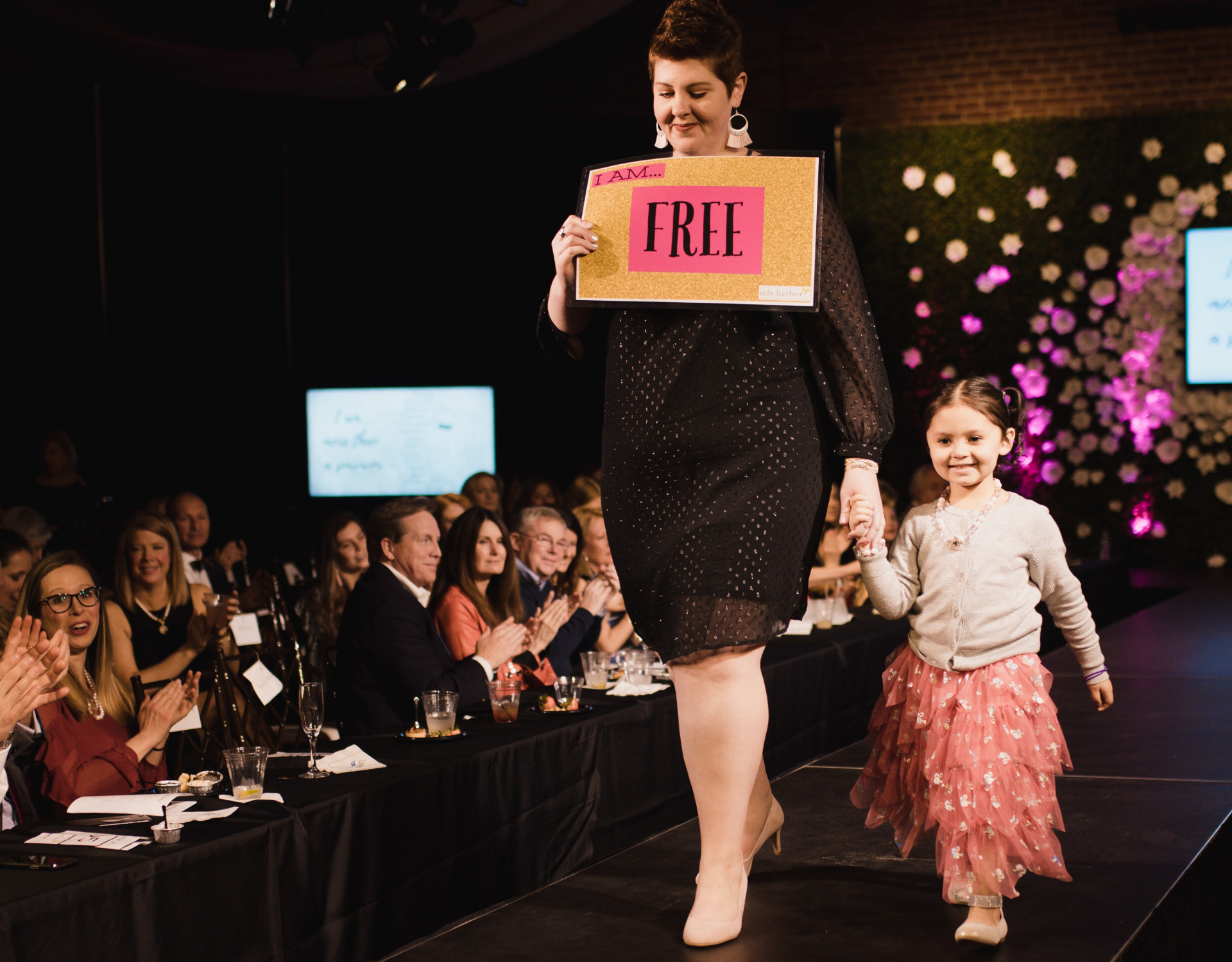
by Julieta Barcaglioni-Heller, Safe Harbor Housing Assistance Program Manager
Families can become homeless for many interrelated reasons – unemployment, housing foreclosures, lower incomes, medical crises, and addiction issues. For groups like single women and women and their children, however, domestic violence is the most common contributing factor to becoming homeless and is currently considered the leading cause for homelessness.
Faced with a domestic violence situation, women and their children are often forced to move out of their homes to seek safety. At the same time, however, lack of affordable housing severely limits the victims’ options for safe housing and poses a major barrier to leaving. Due to the dynamics of domestic violence, victims are forced to choose between abuse at home and potential homelessness.
In addition to the aforementioned barriers brought on by the inadequate supply of affordable housing, victims of domestic violence face other difficulties. Victims often have poor credit records and employment histories because of the violence they have experienced. Landlords often discriminate against victims and subsidized housing availabilities are subject to long waiting lists. Women survivors may also potentially have to deal with other barriers including criminal history resulting from self-defense and stereotypes about survivors.
In the Upstate – and all across the country – the demand for housing for victims displaced from their homes is overwhelming and the resources to meet the needs are scarce. Peg Hacskaylo, the Executive Director of DASH (District Alliance for Safe Housing) in D.C., explains in detail the fragmentation of services available for survivors: “Domestic violence service providers traditionally focus on crisis intervention with victims, with an emphasis on protecting them from the threat of violence. Homeless and housing providers traditionally have focused on protecting their programs from the potential for transience, in the belief that survivors of domestic violence won’t last in their programs because they will leave to reconcile with their abusers, and the threat of violence that survivors present, thereby screening survivors out of their programs.”
In order to begin addressing this gap in services, Safe Harbor, Homes of Hope and Upstate Homeless Coalition have come together as a cohesive team and help survivors gain access to and maintain affordable and safe housing. This strategic partnership would allow survivors of domestic violence to find housing quickly by lowering barriers and increasing accessibility. As housing is secured and most immediate needs are met, other supportive services (like legal advocacy, case management, domestic violence education, financial empowerment, credit counseling) will follow.
As Safe Harbor, Homes of Hope and Upstate Homeless Coalition work together, clients will be able to receive much needed safety planning and will also be able to interact with staff that is trained and knowledgeable about specific issues of domestic violence. This partnership will ensure that domestic violence expertise is available throughout the homeless/housing system in the Upstate. Also, as all three agencies work together, teamwork would ensure that there are an adequate number of units that are available to victims of domestic violence and for an adequate and extended period of time.
There’s no cure or vaccine for domestic violence. As South Carolina moves to the #2 spot for the number of women murdered in the hands of violent relationships, partnerships like this one are becoming increasingly important. It is my belief that this partnership between Safe Harbor, Homes of Hope and Upstate Homeless Coalition has the potential to really change lives and to positively affect the life trajectory of domestic violence survivors. As this partnership develops, we will be able to provide a continuum of housing support for survivors in the Upstate. I believe that these agencies working together is one of the first steps towards recognizing the interconnection between women, domestic violence and homelessness and towards addressing noticeable gaps in services that force victims to have to choose between abuse and homelessness.




